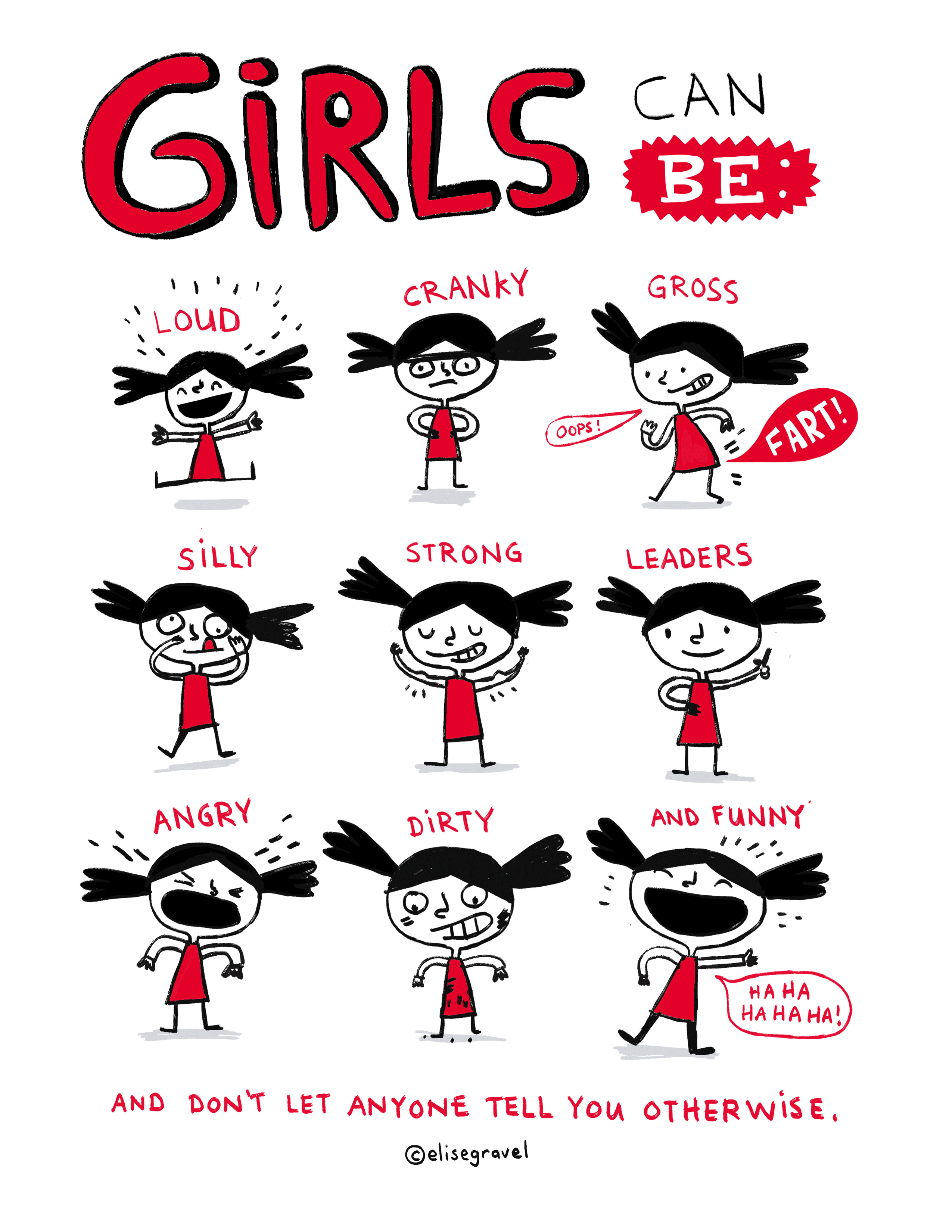How to raise a child who is mindful of social justice?

Introducing social justice to kids without overwhelming and depressing them can seem like a tricky task, but it’s crucial in today’s world. We want to nurture a sense of empathy and fairness without burdening young minds with heavy narratives. How can we teach social justice in a way that’s engaging and uplifting, focusing on positivity and empowerment? How can we motivate kids to make positive change? Here are some key strategies:
1- Foster Open Conversations
Have ongoing age-appropriate discussions about issues like racism, sexism, poverty, and other forms of discrimination and inequality. Ask questions to understand their perspectives, share your own views, and encourage critical thinking.
2- Expose Them to Diversity
Befriend people from diverse backgrounds and expose your children to different cultures through books, movies, museums, etc. This helps build empathy and appreciation for others.
3- Lead by Example
Model inclusive behavior, speak up against injustice, and get involved in causes that promote equality and human rights. Children learn powerfully from observing their parents’ actions.
4- Teach Advocacy Skills
Empower your kids to use their voices by brainstorming ways they can make a difference, like writing letters, creating art, or joining youth organizations that address social issues.
5- Highlight Diverse Role Models
Introduce your children to people of different genders, races, abilities, etc. who are making positive impacts. This expands their perspectives on who can be a leader and catalyst for change.
6- Address Biases and Stereotypes
Help your children recognize their own unconscious biases and societal stereotypes. Provide counter-narratives that challenge limiting beliefs about different groups.
By taking a proactive approach through open dialogue, diverse experiences, and empowerment, parents can nurture children’s awareness of inequity and inspire them to be forces for a more just world.
It’s My Body, a book for kids on body diversity
From Quill and Quire:
It’s My Body! is an exuberant, kid-friendly nonfiction picture-book primer on body positivity. Simple, direct sentences celebrate “ALL KINDS” of bodies and kick-start a convivial conversation about how to be your body’s best friend.
Governor General’s Award–winning author-illustrator Elise Gravel’s signature quirky characters are in fine form. The endearingly wacky, googly-eyed monsters who populate these pages have their own unique shapes, sizes, colours, and abilities. The gallery includes a long-legged critter who looks like a pink wad of bubble gum on stilts, a round blue rascal with a toothy grin, and a reddish tube-shaped imp waving hello.
Full of pep, the cartoon illustrations showcase monsters in motion. Some of the exercising, playing, and dancing creatures use assistive devices including glasses, hearing aids, and wheelchairs, and all enjoy the feats their bodies can perform. The relatable text acknowledges the delicate mind–body connection: “Sometimes we feel good in our bodies, and sometimes we don’t.” Monsters have self-doubts too; one laments, “Are my horns too pointy?” while another confesses, “I like my eyes, but not my nose!” Combining laughs with thoughtful lessons, this robust resource also offers tips on how to treat your body with kindness and keep it “HEALTHY AND HAPPY.”

Not only is Gravel a marvellous monster maven, she is an indisputable children’s champion (honoured in 2019 with the Rights and Freedoms Award from the Quebec Commission des droits de la personne et des droits de la jeunesse). Affirmations like “Your body belongs to YOU and only you!” lead to a discussion of boundaries. Gravel is adept at breaking down big concepts into easily understood core truths: “Nobody should touch your body in ways that you don’t like. Other people have these rights too. You shouldn’t touch their bodies without asking first.” Sample social scenarios play out in the comic panels, making sense of consent and teaching kids that it is perfectly fine to choose high-fives over hugs when preferred.
With monster-sized aplomb and panache, Gravel delivers a message that can’t be heard enough: every body is worthy of love and respect.
Girls can be

Here’s a little poster I made to counter gender stereotypes. Teachers and parents, feel free to print it for personal or school use (no commercial use, please). Click here to download a higher-res version.
There is now a BOYS version of this image! Also, if you’d like to further discuss gender stereotypes with your kids or students, take a look a this free e-book I made a while ago.
If you’d like to know when I release new free posters or books, follow me on Facebook, Twitter or Instagram.

